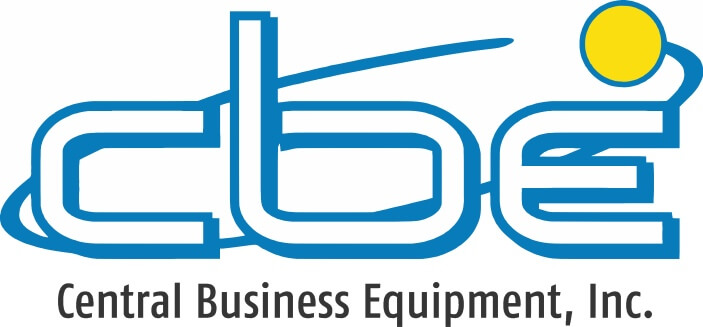5 Things You Should Always Shred in Your Office
Data security is a huge issue in every office in America. Customers are more aware than ever how much of their data businesses have and are demanding that the information be protected.
At the same time, businesses of all sizes need to protect their proprietary business information from competitors. The internet has made any breach an emergency since stolen information can be made public or shared with thousands in the blink of an eye.
The good news is that you can protect your private information with one simple, in-office activity – paper shredding. What are the key things to shred? Here are five.
Documents With Customers’ Personal Information
Do your employees take payments from customers? Do your files include names, dates of birth, addresses, previous purchases, and other private behavior?
Every business of any size would say yes to these questions. That’s why it’s important to have access to powerful shredders in your office. Anytime you have a document with this information, it needs to be stored in locked, private storage.
When you’re through using them, these documents are things to shred right away. You can’t take the risk that the information will be misused. It’s a legal and public liability for your company and your brand. When you think about what to shred, customers’ information should be at the top of the list.
Employees’ Private Information
In the same vein as protecting your customers, you need to protect your employees’ private information as well. Your staff has a legal right to privacy, so think about how you handle time sheets, old pay stubs, and the identity documentation you collect at hiring.
Like customer information, personnel data should be stored in a locked secured area that is not accessible to the public or employees who don’t need to use it. These files should be reviewed regularly and outdated information should be shredded.
When someone is terminated, be sure to shred the personal information you no longer need. This includes copies of a driver’s license, social security card, and banking information. Keeping excess paperwork is an invitation for trouble.
Business Strategy Documents
Your company creates a lot of paperwork every day, and some of it contains specific trade secrets. When you develop a new strategy, the documentation should be closely guarded. Only specific leadership should see the details, as needed.
If something would be of use to competitors, keep the documents under lock and key. When you don’t need them anymore – or if you have excess copies – be sure to shred them right away.
Operation Manuals
When you have new employees, you hand out operation manuals that cover how to do the work they are assigned. That might be the last time you think about them, but that would be a mistake.
While inside your company these manuals might seem harmless – and honestly, might not be used that much by experienced and trained staff – they contain a lot of private information.
You don’t necessarily want your customers or competitors to find out how you do business. If you have a call center, the information about how you route calls, evaluate customer service interactions, and more are all trade secrets. If you have a retail store, your ideal sales conversation, goals for employees, and other details are not something you want shared.
To avoid problems, make these among the documents to shred when they are outdated or not in use.
Contracts With Vendors and Staff
Whether you work with contractors to get your work done or have specific deals with vendors – or both – you want to protect that information. On your list of documents to shred should be any old or out-of-date contracts.
If the terms and conditions you operate under became known to others, it could put you at a serious competitive disadvantage. Others in your industry could change their own terms to woo away your vendors or undercut your results.
You definitely don’t want to have that happen. To keep everything confidential, protect your written contracts, include non-disclosure clauses, and be sure to shred anything that is no longer accurate or in use.
Should I Shred This? Probably So!
Anytime you have paperwork that makes you think, “Should I shred this?” the answer is probably yes. Paperwork that is no longer accurate, in use, or necessary can be shredded. You also want to shred anything that could compromise your business if it became known.
Of course, legally and ethically you need to shred any unneeded documents with employee or customer information. How can you do all this shredding? By having the best shredders in the business. Contact us to learn more today!
